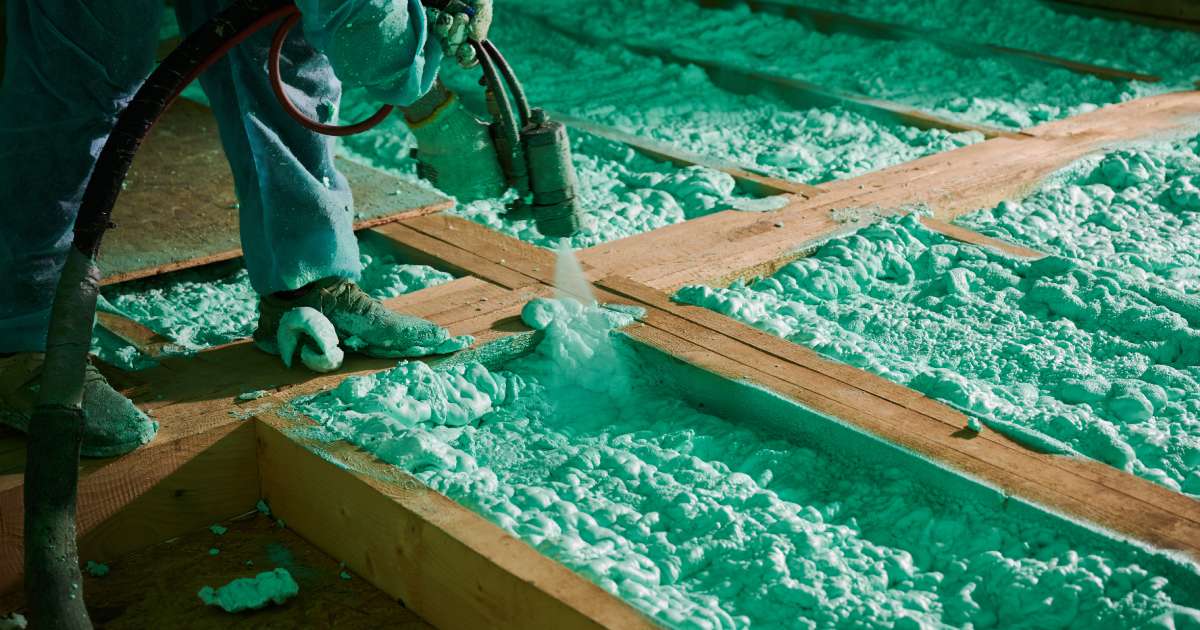Facts About the Health Safety of Spray Foam Insulation
Insulating your home is important for both its health and your health. Well-insulated interiors are more comfortable, less polluted, and less likely to develop mold and pest problems.
There are many types of insulation, and an extremely popular option is spray foam. However, many people wonder about its safety because of its aerosol application and completely synthetic ingredients. Here are some facts about the health and safety of spray foam insulation so you can decide whether you want it in your home.
What Is Spray Foam Insulation?
Spray foam insulation is a chemical product created by combining isocyanate and polyol resin. When these two components react, they expand and harden, forming a protective barrier. This insulation method is praised for sealing gaps effectively, preventing air leaks, and improving indoor air quality by reducing pollutants and allergens.
In What Ways Can It Be Dangerous?
Despite its many benefits, it’s true that spray foam insulation can pose some health risks if improperly handled. During application, the chemicals can release fumes that irritate the eyes, lungs, and skin. Poor ventilation can exacerbate these issues. Additionally, if the foam isn’t applied correctly, it could off-gas potentially harmful chemicals far past the standard 24-hour off-gassing period.
Why Spray Foam Insulation Is Still Considered Safe
While the fact is that the health safety of spray foam insulation isn’t perfect, it is still considered safe for indoor environments. This is because most of the concerns arise during installation. Once the foam cures, it becomes inert.
Tips for Safe Installation
The key to reaping the benefits while avoiding the risks lies in safe installation. Here are some tips to consider.
Hire Professional Contractors
Though you can decide between doing a DIY installation versus hiring contractors, the latter is almost always better. Unless you’re an experienced spray foam contractor yourself, trustworthy pros know how to correctly apply spray foam so it cures correctly and quickly.
Ensure Adequate Ventilation
During installation, it’s important to open windows so the fumes can escape.
Plan for Temporary Relocation
You might want to stay elsewhere during the insulation to avoid exposure to chemicals. This isn’t necessary, but it’s a good idea.
By following these tips, you can reap the benefits of spray foam insulation with none of the risk. Best of luck insulating your home for a healthier, more comfortable environment!

